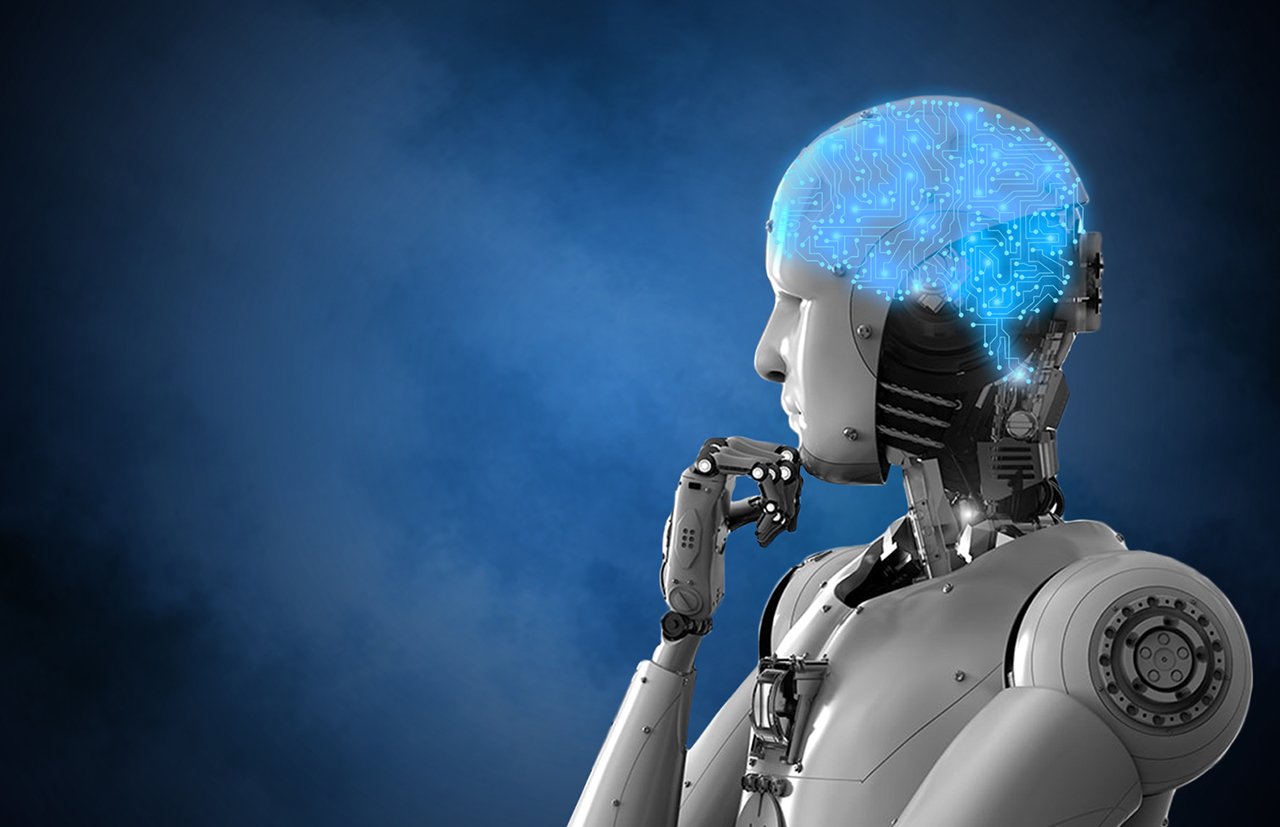Here are some critical areas we need to watch out for where the ethical use of technology comes under the scanner.
Ever since the advent of Information Technology there have been ethical issues surrounding the use of technology. With the uptake of Internet, mobile technologies, Artificial Intelligence (AI), Internet of Things (IoT) and natural language processing, the ethical use of technology is assuming greater significance.
Increasingly businesses are becoming technology driven and enterprises are seeking greater deeper customer insights. It is possible for enterprises today to get granular information on customer preferences and shopping behaviour than ever before as e-commerce is going through an unpresidented growth phase.
Surveys estimate retail e-commerce alone to grow to USD 4.9 trillion by 2021. The kind of uber connectivity we expect to see in the days to come could lead to privacy issues and the ethical use of information. Here are some critical areas we need to watch out for where the ethical use of technology comes under the scanner.
Geolocation devices : Almost every person who owns a smartphone carries a GPS system on it. Also the number of apps that use geolocation devices have increased over the years. A couple of years ago, a leading global cab aggregator exploited user information to put out a survey on how many users availed the cab services for escorts in various parts of the United States. It is very easy for enterprise to exploit information gained from Geolocation devices for unethical purposes.
Machine Learning and AI : Machine learning and AI are technologies that can extract deep customer insights and self learning capabilities will allow them extract, store and process intimate customer information. Privacy laws will have to factor in the concerns that could arise out of deploying AI and ML for creating customer interface systems.
IoT : IoT devises, sensor based or otherwise will pave way for super connectivity. When you have your consumer electronic devices like the fridge, TV and washing machine fitted with IoT devices and these talk to other devices like the mobile phone and laptops, manufacturers will have access to highly granular information. Unless there is a privacy and ethical policy to regulate them it is possible for enterprises to misuse the insights they have into consumers.
Smart Cities : Smart cities rely heavily on sensor data to monitor traffic, pedestrians, weather, pollution, building occupancy and waste management. Sidewalk Labs, a subsidiary of Alphabet, Google’s parent company is already trying an experiment along these lines in Toronto, Canada. But this involves many third parties getting highly granular realitime information on everything that people do. How this data is protected and not misused is a matter of great concern.
Neurostimulation : Of late the market is full of devices that promote neurohacking or give the brain a boost with an electric charge. While the long term effects of such stimulation is unknown these devices are freely available in global markets. In such a scenario, the ethics behind allowing people who could include students and teenagers to boost their brain power with such tools is highly questionable.


